![]()
» Europe the communication channel to resume Iran’s relationship with America
Jahanesanat discusses how it is significant for Iran to forge a relationship with the United States. According to the editorial, the Europeans, today, can play an integral role to make the Americans and Iranians sit down at the negotiation table, once again. The Europeans must not lose this opportunity. The editorial says, “The bitter truth cannot be denied; having no economic relations with America will definitely lead Iran to dropـــ technologically and militarily. The U.S. pulling out of the deal will generate enormous problems, destabilizing Iran’s international status. It will imbalance the Iranian oil exports, restrict money transactions and goods transports, discourage the foreign investments from coming into Iran, and many other looming dilemmas.”
The U.S. economy is very big that Europe is significantly bound to. The editorial argues, “Without a shadow of a doubt, we must have behaved in a way that would keep our relationship with America. Actually, we must keep our relations with all of the European countries and the United States. There are solutions for the previous disagreements. We should seize the opportunity the Europeans offered and maintain our relations with them to solve our problems with America. Then, we can sit again at the negation table and resume our relationship with America. Definitely, we should not forget that Europe can replace America.”
Moreover, the policy of replacing the USD with EUR was not correct during these conditions. Because replacing the USD with a fragile currency will not solve the problem. “We should not forget that the European positions on Iran are bound to the American stance. If America decided to impose sanctions on European countries, they will directly cut their relations with Iran for the sake of their interests. Thus, we should maintain our relations with Europe to take the best of the capabilities available. In addition, we should seek a solution for our disagreements with America through a wide-ranging dialogue with the Europeans, so we can resume our economic relations with America.”
Source: Jahanesanat
» Iran’s energy market after JCPOA
This editorial focuses on the impact of the U.S. withdrawal from the Iran deal on Iran’s energy market.
The editorialist starts by the significance of international interactions for Iran’s economy, given the country’s rich resources of oil and gas. Following the nuclear deal, Iran has held international exhibitions in the field of energy, signing a number of major oil, gas and petrochemical contracts with other countries. Recently, Iran’s Deputy Oil Minister Hamid Reza Araghi emphasized the vital importance of international interactions for the process of Iran’s natural gas export.
According to the editorialist, termination of the JCPOA delivers a fatal blow to Iran’s energy sector, especially now that the country is on one hand suffering from drought, and on the other, dealing with oil-related sanctions.
At the end, the editorialist mentions Iran’s 23rd International Oil, Gas, Refining and Petrochemical Exhibition, currently held in Tehran, saying foreign companies and investors are postponing their potential contracts with Iran to the last day of the showcase. This uncertainty is the consequence of the U.S. withdrawal from the JCPOA, concludes the editorial.
Tejarat online
» Can there be JCPOA without US?
The editorial of Javan online investigates why the nuclear deal (JCPOA) with Iran is impossible without the U.S. The editorial responds to the Iranian President Hassan Rouhani’s recent remarks, in which he had said, “If what we want in the JCPOA is provided and guaranteed by non-Americans, so much the better, we can get rid of the U.S.”
According to the editorial, even during the nuclear talks, Catherine Ashton, EU foreign policy chief, had told Iranian FM Javad Zarif that Iran had better resolve its issues with the U.S. and hold direct talks with this country. Thus, the negotiation between Iran and P5+1 became “Zarif-Kerry talks”. Today, Europeans are saying the same thing; i.e., along with the U.S., they would rather obtain more concessions in form of supplements to JCPOA, and they are not concerned with the accord they have already signed.
The editorial goes on to say that former German foreign minister, Sigmar Gabriel, in his talk with Spiegel, had warned Iranians of JCPOA without U.S.: “If the U.S. pulls out of the JCPOA, countries will no longer invest in Iran, and, with more pressure on Rouhani’s government, Iran will resume its nuclear programs. As a result, the U.S. and Israel will react militarily to the situation.” The French president too called the JCPOA without the U.S. a “Pandora box” from which anything might come out.
The editorial concludes, in reaction to the U.S. withdrawing from the JCPOA, Iranian government should rely on its own abilities and people’s cooperation, knowing that despite of difficulties that will generate from the U.S. pulling out of the deal, people will stand by their government in passing this obstacle.
Javan online
» Example of harmful pseudo-dialogue!
The editorial of Etemad newspaper focuses on the issue of lack of dialogue and transparency in Iran, in particular with regard to recent filtering of Telegram messenger in the country.
The editorial focuses on remarks by one of Iranian judiciary officials in this regard. The judiciary official, in his remarks, has blasted the government and Iranian president for their criticism of filtering Telegram in Iran. “Everybody is bound to enforce the ratification of the Supreme Council of Cyberspace; we even saw that the head of the Council (the president) or even some other members of the council have disagreed with it; however, the majority have voted for it. Democracy says that the majority’s votes must be respected,” said the judiciary official.
Then the editorial highlights the implications and misunderstandings underlying these remarks. If there is a ratification by the Supreme Council of Cyberspace with regard to filtering Telegram, why hasn’t it been published? If such a ratification exists, why does the deputy spokesperson of the judiciary deny its existence? The second point concerns democracy and majority’s vote. When 40 million people – majority of Iranians – are members of Telegram, how can one refer to the majority in the council, claiming that this is the demand of the majority of people?
The editorial concludes: The reason why Iranian people are not using the domestic messengers is their extreme distrust for official domestic messengers, as well as the poor quality of these messengers. The editorialist calls filtering Telegram an enormous mistake, as people who were not using anti-filtering (VPNs) before will now turn to using it, which will give them access to immoral websites.
Etemad
» Trump’s trap for Iran
This editorial elaborates on the reasons why Iran needs to remain in the nuclear deal despite the U.S. possible withdrawal from it.
The editorialist holds that it is in the interest of Iran not to scrap the nuclear deal for the following reasons. First, if the U.S. pulls out of JCPOA, it has violated an international agreement passed by the United Nations. This time it is not Iran that has shattered the world peace. While back in 2011 and 2012, Iran did violate the world peace, because of the imposed international sanctions.
Secondly, continues the editorialist, if Iran stays in JCPOA, it can go on exporting 2.4 million barrels of oil per day. Whereas, during Mahmoud Ahmadinejad’s presidency, oil export was decreased to 1 million barrels.
The editorialist closes his piece by claiming that if Iran exits the nuke deal, those opposing the establishment would think that Iran is after a nuclear bomb through uranium enrichment. And this means regressing towards the pre-JCPOA era when the United Nations Security Council issued nuclear sanctions.
Shargh daily
» Germany is certainly more useful than Russia!
The editorial of Ebtekar poses this question: which one can be a better “friend” for Iran, Germany or Russia?
According to the editorial, a friend is someone who is willing and capable of helping us at difficult times – a criterion which is universal and does not recognize any geographical boundaries. If so, then the question is, under the current conditions, which one – Germany or Russia – is a better friend for Iran? Experts and common sense tell us that Iran should prefer Germany to Russia.
The editorial explains that Germany has never had colonial or coercive relations with Iran and will never sacrifice Iran to its relations with other countries. But in contemporary history, Russia’s relations with Iran have always been based on its colonial interests.
The editorial asserts that Germany has one of the oldest industrial civilizations in the world, and many Iranian factories are equipped with German machineries. What is more, Germany is one of the main buyers of Iranian oil, and it is the fourth biggest economy in the world – after the U.S., China and Japan. One can hope that at the time when Iran is in need for investment, technology and skill, it can rely on Germany. Conversely, Russia has no good products to offer to the Iranian market, except for military weapons. While Germany needs Iranian fossil energy, Russia is Iran’s competitor in this regard.
The editorial then concludes that now that Iran, politically and economically, is not on a good position, it should measure its friendship with Russia and Germany to see which one is its real friend.
Ebtekar
» JCPOA and Iran’s lost opportunities
The focus of this editorial is on Iran’s role in the failure of nuclear deal as well as the U.S. policy in this regard.
The editorialist begins by referring to the imminent possibility of the U.S. withdrawal from the nuclear deal, adding the fact that this deal is ending unsuccessfully is Iran’s fault. Instead of grasping the opportunity, Iranian authorities used the JCPOA as a stick to suppress their political rivals inside the country. What is more, Iran never even used the opportunities provided during the presidency of Barak Obama.
However, the editorialist believes there is a strong probability that the Americans would not scrap the nuclear deal as the U.S. President Donald Trump prefers to keep Iran in limbo while increasing economic pressures against this country. Actually, it is to the benefit of the U.S. to remain in the Iran deal and thus doing, protect its international reputation. At the same time, the U.S. is also profiting from provoking Iranophobia in the region.
Notwithstanding the fact that keeping the status quo is advantageous for Americans, it incurs considerable damages to Iran economically, politically, socially and culturally, concludes the editorial.
Etemad daily

♦ Non-oil export increases 15%
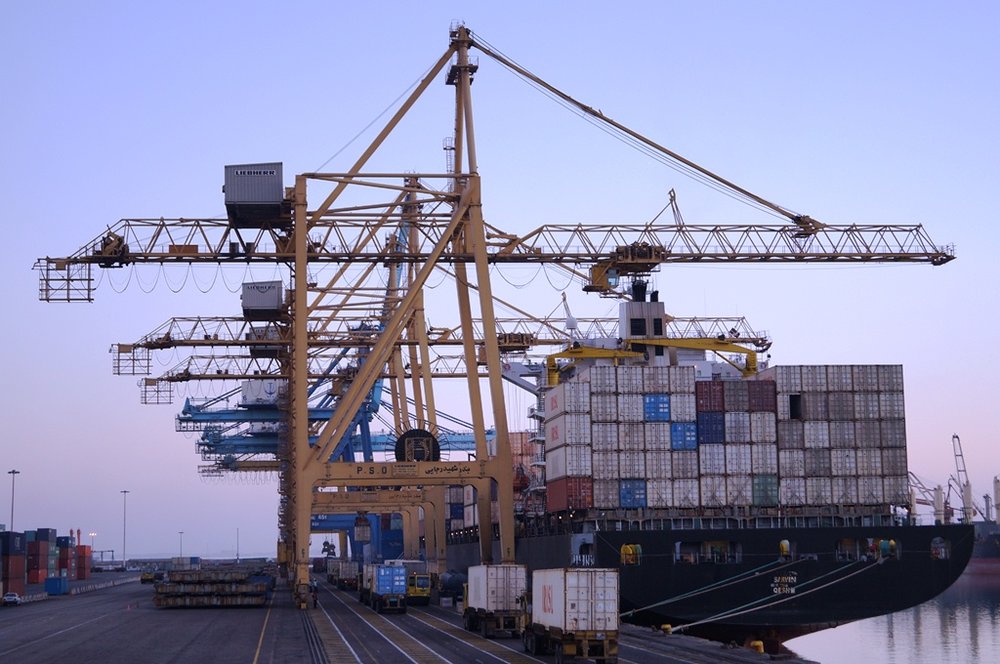
The head of Trade Promotion Organization of Iran Mojtaba Khosrotaj said in the first month of the Persian new year (March 21, 2018) that Iran’s non-oil export has had 15% increase compared to same period last year. He added that the non-oil export reached $47 billion in 2017, showing 6.5% increase compared to 2016.
ANA
♦ Iranian economic actors should invest in Iraq

Iranian Consul General in Erbil Morteza Ebadi met with heads of chambers of commerce of provinces and economic actors who had travelled to Erbil for participating in the Forum of Economic Opportunities. In this meeting, heads of chambers and economic actors announced their readiness to participate seriously in the Iraqi market, while criticizing the existing obstacles in developing exports particularly in borders’ passageways. Heads of chambers enumerated issues such as lack of 24/7 border centers, passports, standards, bank budgets and imposing high expenses on exporters.
Ghanoon daily
♦ Lawmaker: Filtering Telegram is pushing people to use US VPN

Member of legal and judiciary commission in Parliament, Jalil Rahimi Jahanabadi, said filtering Telegram is bound to the order issued by the court, and if the court issues an order and ignores part of people’s rights, eventually they will end up having no rights. He added there are certain regulations about communications in the world, and people are free to communicate with each other. The right to communicate, access and publish information are inalienable rights of people, said Jahanabadi, urging that filtering Telegram has resulted in driving people towards using American VPNs, which have many malwares.
Shahrvand
♦ House arrest of Zahra Rahnavad ends
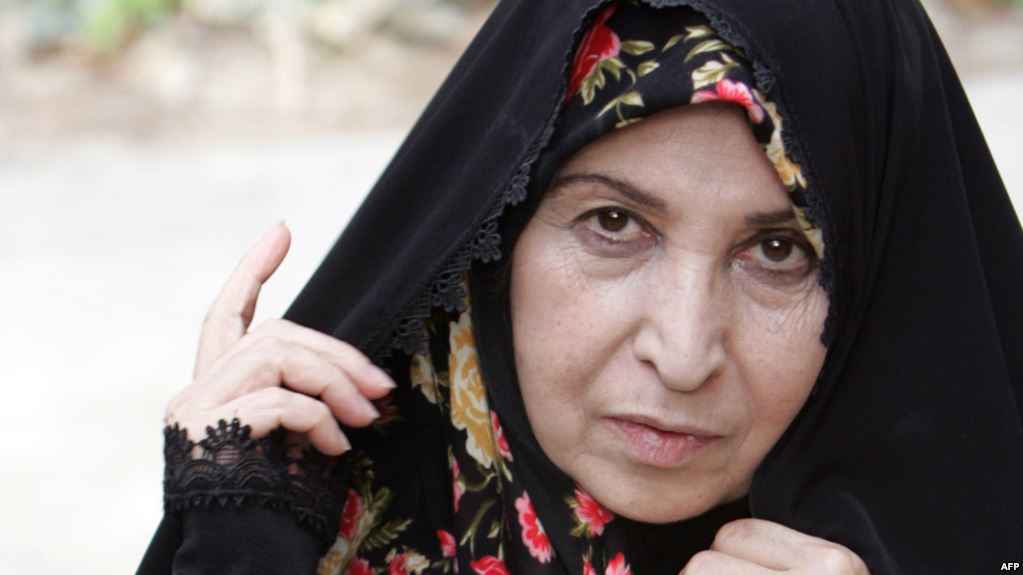
According to Esamili Doosti, member of National Trust Party, house arrest of Zahra Rahnavard has been lifted. He added that Mrs. Rahanvard could come and go without any problems, which means some progress has been made with regard to lifting house arrest of Mir-Hossein Mousavi and Mehdi Karroubi as well.
Zahra Rahnavard, Mir-Hossein Mousavi, and Mehdi Karroubi, leaders of protests against 2009 presidential elections have been under house arrest for more than 7 years.
Khabar online
♦ Beheshtipour: US will regret withdrawing from JCPOA
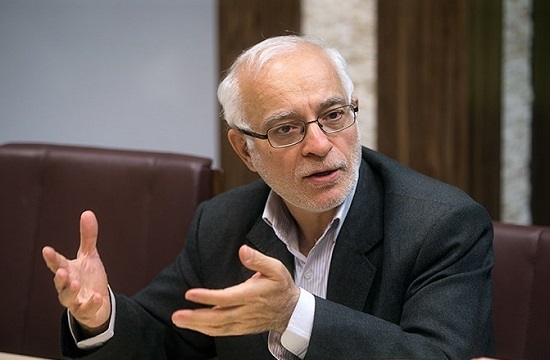
Foreign relations expert Hassan Beheshtipour believes that if the U.S. President Donald Trump pulls out of the nuclear deal (JCPOA) and imposes secondary sanctions, Iran must suspend the JCPOA. According to Beheshtipour, Trump is highly unlikely to withdraw from the JCPOA, but if he does so, there are two possible scenarios. The first scenario is that the U.S. will pull out of the JCPOA and will impose secondary sanctions, preventing other countries from having transactions with Iran. If so, the JCPOA becomes useless, Iran must suspend the nuclear deal and take measures to make Washington regret it. The second scenario is that Trump will pull out of the JCPOA but will not impose secondary sanctions. In that case, according to Beheshtipour, it is better for Iran to continue its economic transactions with other countries such as European countries, Japan and India.
Young Journalists Club
♦ Molavi Abdulhamid objects to preventing Sunni clerics from travelling to other Sunni regions
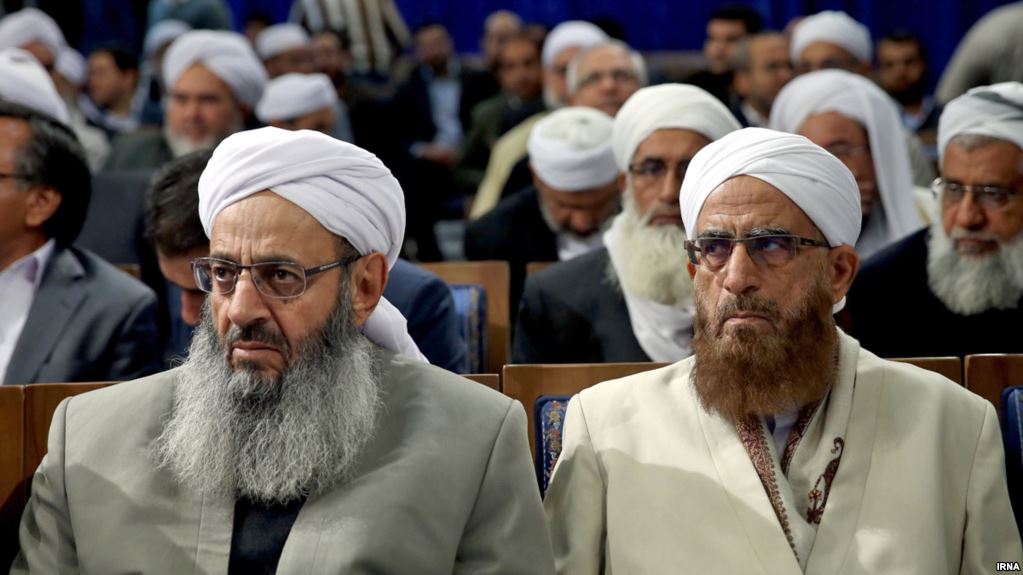
Sunni Friday mass prayer leader in Zahedan called preventing Sunni clerics from travelling to other Sunni regions as “contrary to laws”, calling for dismantling such measures of security bodies. According to Molavi Abdulhamid, the constitution of Iran does not give the right to any organizations to prevent an individual from travelling from one province to another.
According to Molavi Abdulhamid’s website, it has been a long time that this famous Sunni cleric has not been allowed to travel to other provinces of Iran, except for Tehran. He was reportedly banned from going to Qatar recently.
Radio Farda
♦ Brigadier-General Vahidi meets deputy of operation and planning of Oman’s armed forces
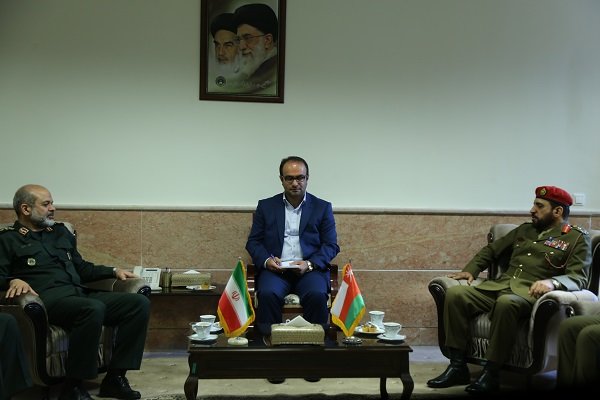
President of university of National Defense, Brigadier-General Vahidi, met with Major General Hamad bin Rashid bin al Balushi, deputy of operation and planning of Oman’s armed forces. During this trip, Major General Hamad bin Rashid bin al Balushi is going to meet with Defense Minister Amir Hatami, Army’s Navy commander Khanzadi, and Brigadier-General Ali Fadavi, IRGC’s Navy commander.
Mehr news
♦ Jahangiri: Bureaucratic problems slows down development
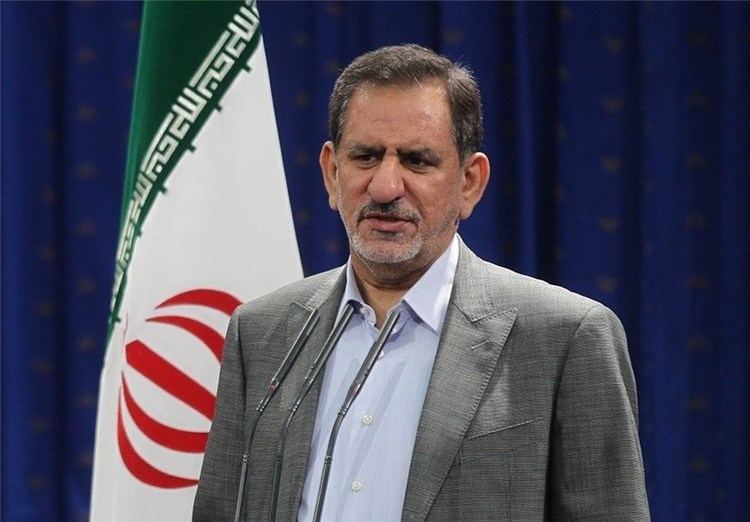
With regard to bureaucratic system within Iran and its fundamental role in the country’s development, First Vice President Eshaq Jahangiri said, “today we are witnessing that bureaucratic system, instead of helping development of the country, has become a barrier, slowing it down.” Jahangiri added that the current bureaucratic system not only does not help development of the country, but it also augments people’s dissatisfactions.
Ebtekar
♦ Iranian oil export reaches maximum in past two years
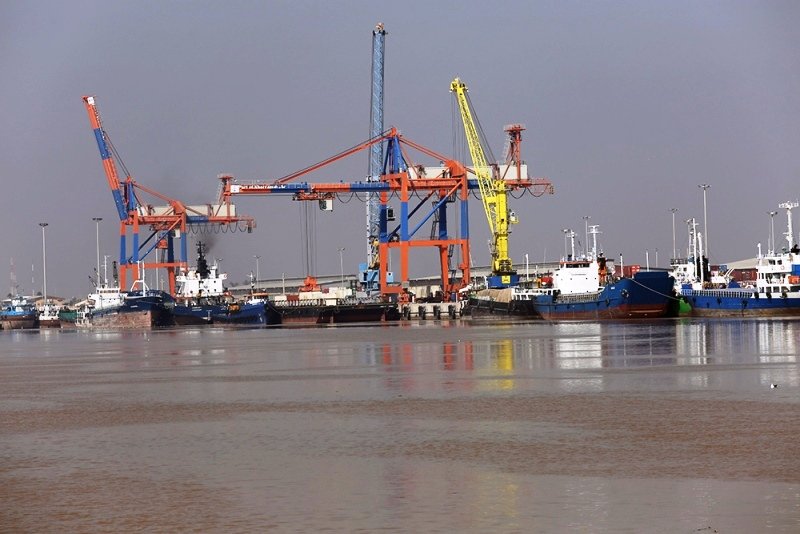
On the threshold of US President Trump’s decision regarding the JCPOA, Iran’s oil export reached 2.48 million barrels per day in April, the highest since lifting of sanctions against Iran. Currently, most of buyers of oil are European countries. Some say that if Donald Trump decides to pull out of the JCPOA, it might have an impact on Iran’s oil export.
Iran
♦ Iran, Spain sign joint oil cooperation memorandum
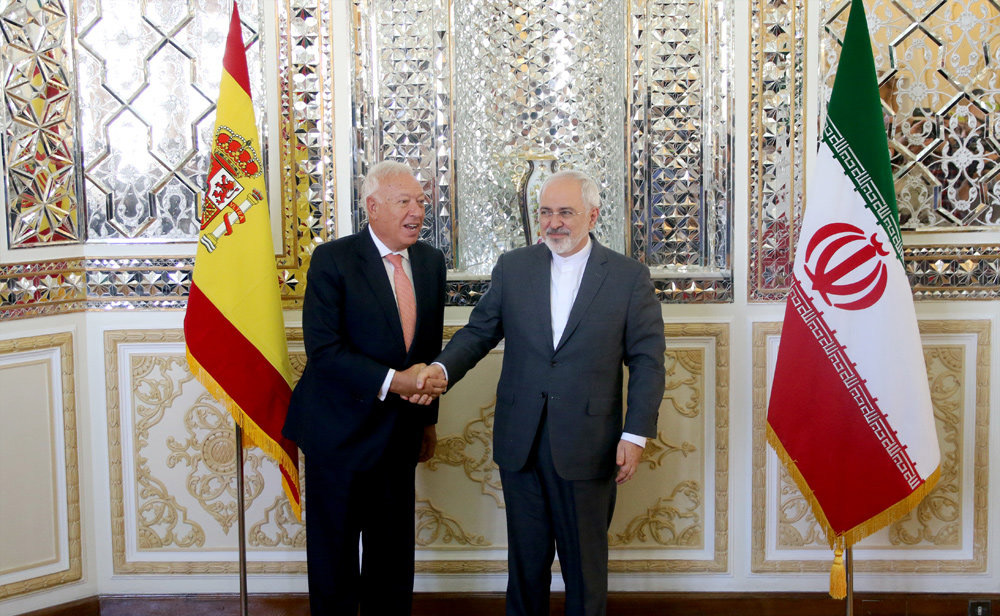
On the sideline of Iran and Spain joint workgroup, a cooperation memorandum was signed between the two countries’ representatives: Hossein Esmaili Shahmirzadi, director general of Europe, America and Caspian Sea Neighbors of Oil Ministry, and Mercedes Monedero, head of the Spanish delegation. The memorandum was signed to encourage companies for cooperation in the upstream and downstream fields, providing equipment and technologies not produced in Iran, increasing IOR and EOR in fields of petrochemicals and refineries, and sharing knowledge.
Fars news agency
♦ Iran ready to open bank branch Georgia

Iranian minister of economy met with Georgia’s deputy prime minister and minister of economy and sustainable development, emphasizing prioritizing banking cooperation between the two countries. In this meeting, Iranian Finance and Economic Affairs Minister Masoud Karbasian asserted that the most important issue between the two countries, which should be prioritized, is related to banking, adding that Iran is ready to establish a bank branch in Georgia. Karbasian urged that resolving the banking issue would help the development of trade and economic relations of Iran and Georgia. He expressed satisfaction about bilateral economic cooperation, saying that Iran is ready to cooperate with Georgia in fields of exchanging electronic customs trade, reinsurance, tourism, and power exchange.
ILNA
♦ Zibakalam: US withdrawing from JCPOA harms Iranian reformists
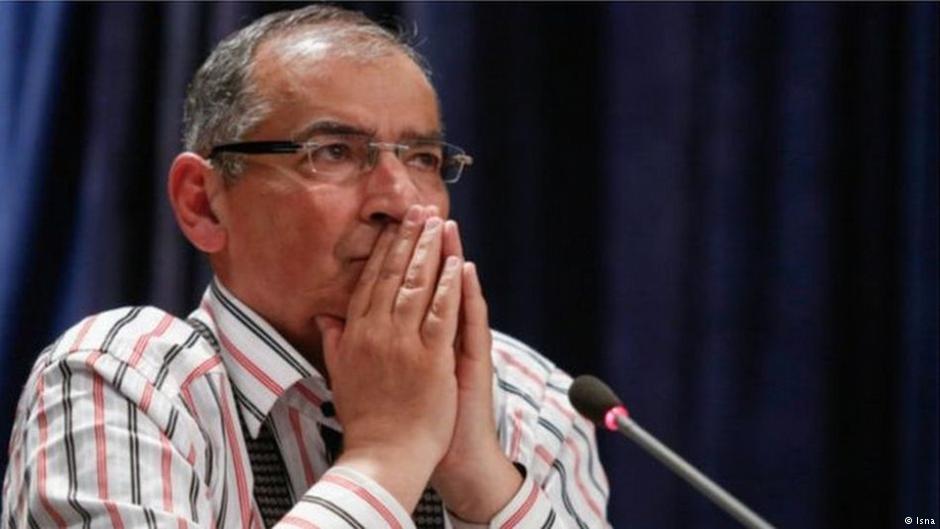
Sadegh Zibakalam, university professor and political reformist activist, believes that the U.S. pulling out of the JCPOA (the nuclear deal) is disadvantageous for the reformists in Iran and will undermine this group in Iran’s political domain. According to Zibakalam who is one of the main supporters of the JCPOA and Rouhani’s government, ending the JCPOA will harm democratic movement in Iran.
Zibakalam, in his interview with Etemad, pointed out to social fallouts of revoking the JCPOA, saying, “the experience shows that when there is foreign crisis and poor livelihood and harsh economic conditions, the first victim is the democratic movement, as hardliners will get the upper hand.” This reformist political activist added, “U.S. withdrawal from the JCPOA will be advantageous for the hardline principlists because their previous remarks of the U.S. being untrustworthy will be reiterated, and they will say Rouhani’s agreement has not been to the advantage of the country.”
Tasnim news
♦ Oman: new facilities for Iranian tourists

Oman announced new facilities for issuing tourist visas, without Omani sponsor, for Iranian citizens and two other countries. According to Oman’s police, citizens of Iran, Russia and China are enlisted in the countries benefitting from new facilities to enter Oman as tourists.
A senior police official said citizens of these countries do not need to have entrance visa of the U.S., Schengen countries, Canada or Australia ¬- any longer.
Fars news agency
♦ Rouhani: From now on, JCPOA between Iran and five countries
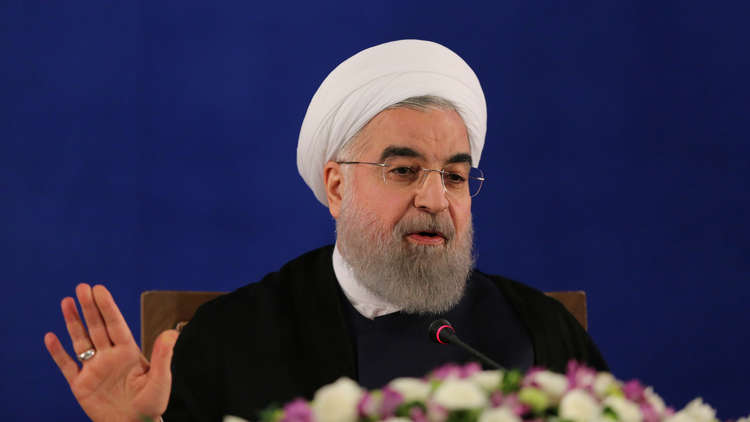
Following the U.S. President Donald Trump as pulling out of JCPOA on Tuesday, Iranian President Hassan Rouhani said that from now on, the nuclear deal is an accord between Iran and five countries that have signed. In his televised talk addressed to Iranian people, Rouhani stressed that Iran has always been committed to its obligations, but the U.S. has never done. He added, “JCPOA will stand, and we can move towards peace. But if our interests are not assured, I will announce the establishment’s decisions to people in that condition.”
Rouhani emphasized his order to foreign ministry to hold talks with European countries, Russia and China, urging, “Trump is engaging in a psychological warfare and economic pressure, but Iran will not let him win this war.”
Pars Today
♦ Zarif: Iran’s final response after assessment of full interests
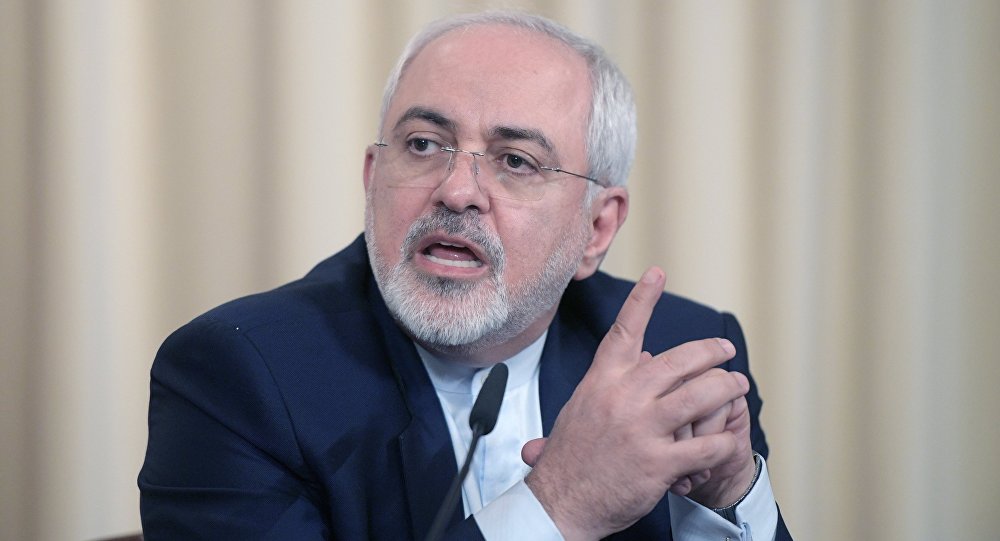
Iranian Foreign Minister Mohammad Javad Zarif posted on twitter that that Iran’s final response to the U.S. decision, pulling out of the nuclear deal, will become clear after assessing if other member countries in JCPOA can assure the complete interests of Iran. Zarif’s tweet: “In response to the U.S. president violations and unlawful withdrawal from the nuclear deal, as directed by President Rouhani, I’ll spearhead a diplomatic effort to examine whether remaining JCPOA participants would ensure its full benefits for Iran or not. The outcome will determine our response.”
ISNA
♦ Lawmaker: JCPOA is international, multilateral accord
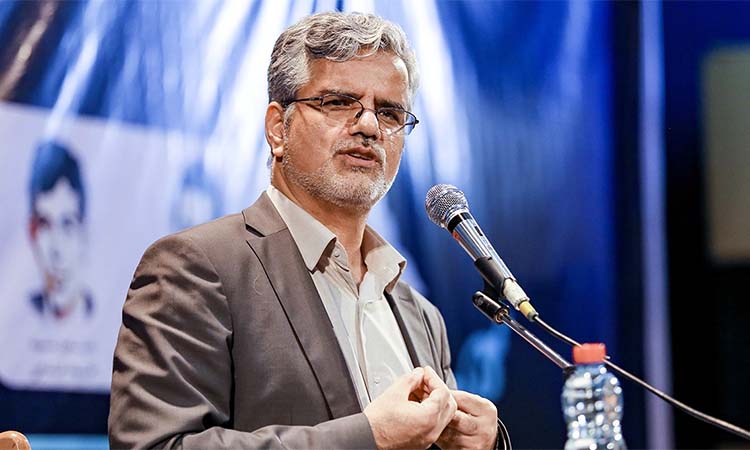
In response to the U.S. pulling out of the nuclear deal and return of sanctions against Iran, Iranian MP Mahmoud Sadeghi tweeted, “JCPOA is an international, multilateral agreement. The U.S. reneging administration is only one party to it. In addition to proper response to the U.S. reneging, we can continue our relations within the framework of the nuclear deal with European parties if they fulfil their obligations. Boosting national solidarity is the most proper response to Trump.”
Twitter
♦ Ali Motahari: Trump’s measure no impact on people’s lives
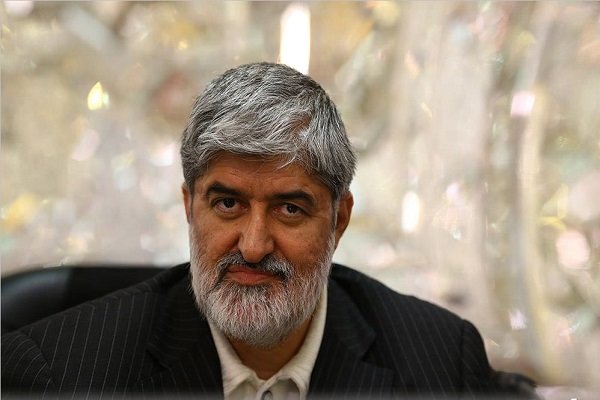
Iranian deputy speaker of the Iranian Parliament Ali Motahari said that the U.S. measures of re-imposing sanctions on Iran will have no impact on the people’s lives; the U.S. has not fulfilled its obligations within the framework of the nuclear deal. These sanctions have already somehow existed. Motahari added that Trump’s measures of pulling out of JCPOA has discredited the U.S. and granted “a victory for Iran”. He stated that the gap created between Europe and the U.S. is a result of Iran’s “correct policies”.
Mehr news
♦ Rouhani’s “very confidential” letter about filtering Telegram
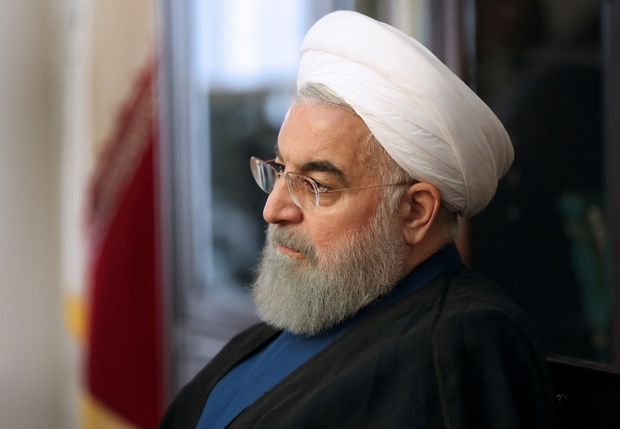
In the wake of Iranian President Hassan Rouhani’s open criticism regarding filtering of Telegram messenger, his old letter to the telecommunication minister, in this regard, was published. Three parts of the letter deal with “effective confrontation with VPNs”, “boosting domestic messenger networks”, and “demonopolizing foreign messengers”.
The letter had underlined serious following up of boosting domestic messengers and “necessity of government’s organizations using domestic messenger networks in running the country’s affairs.”
Following the publication of this letter, many Iranian social network users criticized Hassan Rouhani, calling him a “hypocrite” and a “liar”.
Radio Farda
